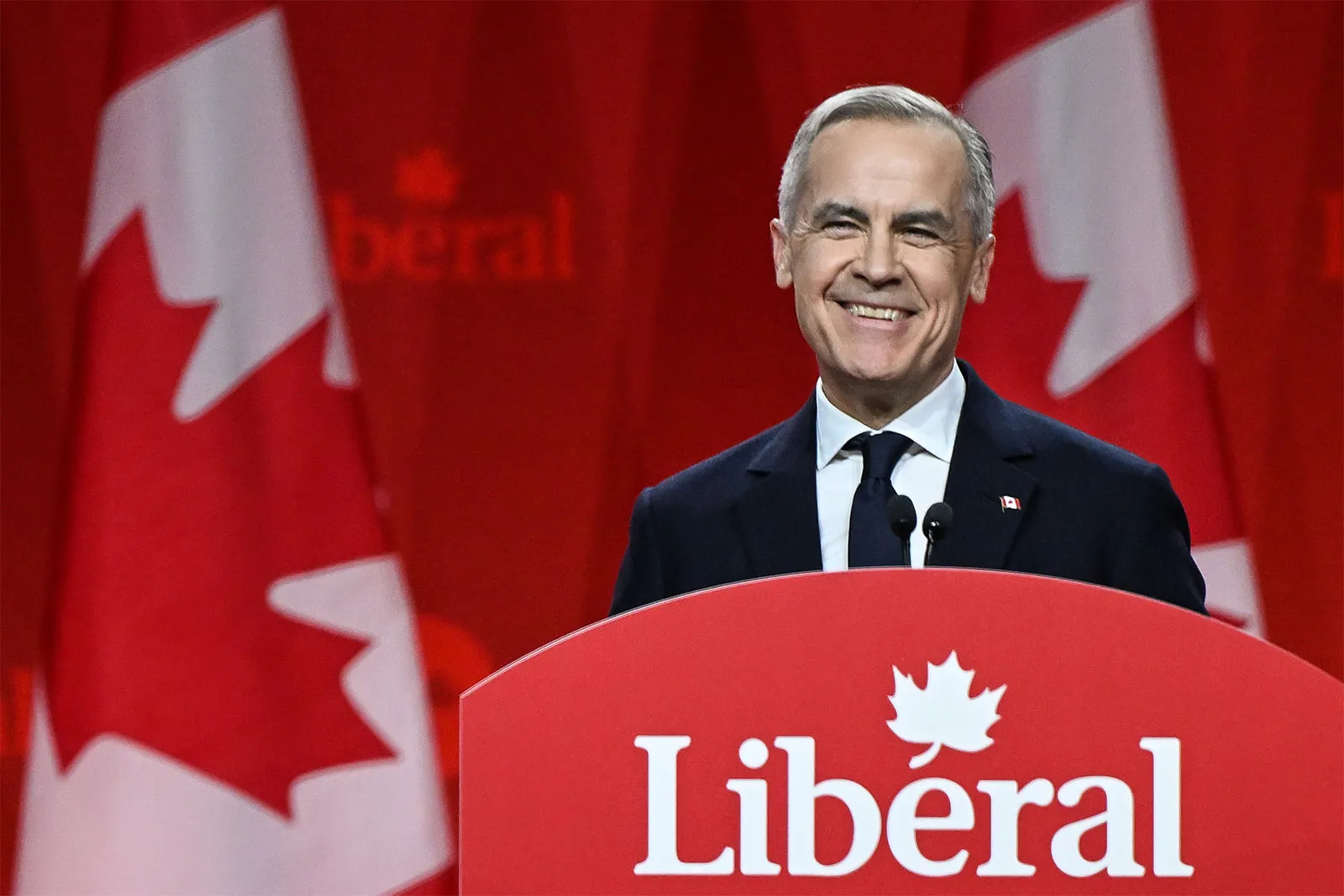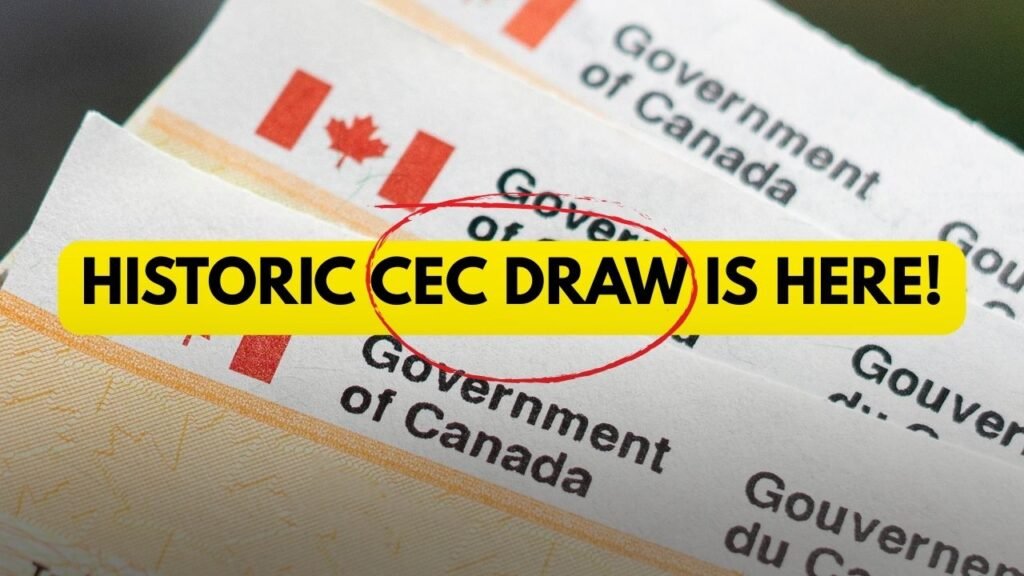The 2025 Canadian election results have sparked widespread attention, with immigration policy emerging as a key concern for voters. As Elections Canada officially releases the results, all eyes are on the future of Canada’s immigration system under Mark Carney’s leadership. His government’s new immigration strategy is focused on restoring balance by tackling sustainability, infrastructure challenges, and attracting top global talent. If you’ve been searching for “Canada immigration changes,” you’ve come to the right place. Let’s dive into Mark Carney’s immigration plans and what they mean for Canada’s future
Canada’s Immigration Policies Post-Election
With the election results now clear, Canadians have spoken, and the future of the immigration system is in focus. Following the leadership of Mark Carney, the Canadian government has prioritized returning immigration to sustainable levels, limiting temporary workers and international students while attracting top talent from around the world. Here’s what the election results mean for newcomers and the nation’s immigration future:
1. A Shift Toward Sustainability: Capping Temporary Residents
To relieve pressure on housing, infrastructure, and public services, the government will cap the number of temporary foreign workers and international students to less than 5% of Canada’s population by 2027, down from the previous 7.3%.
2. Focused Growth: Permanent Resident Admissions Stabilized
Permanent resident admissions will be maintained at under 1% of the national population annually beyond 2027. The focus will remain on attracting high-potential global talent, facilitating family reunification, and supporting humanitarian commitments.
3. Global Talent Strategy: Enhancing Canada’s Economic Competitiveness
The Global Skills Strategy will be revitalized to accelerate the hiring of highly skilled professionals, particularly from innovation hubs such as the United States, ensuring Canadian businesses can scale and compete globally.
4. Streamlined Recognition of Foreign Credentials
In collaboration with provinces and territories, the government will expedite the recognition of international education and work experience, enabling newcomers to contribute to the economy more quickly and effectively.
5. Faster Processing Through Digital Transformation
To address backlogs and improve service delivery, immigration processes will be enhanced through digital tools and automation, offering faster, more reliable application outcomes for individuals and businesses alike.
6. Strengthened Support for Refugees and Asylum Seekers
The plan includes increased funding for legal aid services to ensure timely support for asylum seekers. This aims to reduce delays, avoid unnecessary appeals, and protect the rights of claimants.
7. Integrity and Enforcement: Ensuring a Fair and Credible System
The government will enforce a fair but firm approach, ensuring that failed claimants are removed following due process to maintain the system’s credibility and deter misuse.
8. Securing Canada’s Borders
Enhanced investments will be made in border security, visa integrity, and enforcement measures to identify inadmissible individuals more efficiently and prevent immigration fraud.
9. Continued Respect for Quebec’s Autonomy
Canada will continue to honour the Canada–Québec Accord, working with Quebec to ensure immigration levels and policies align with the province’s goals of protecting the French language and cultural identity.
10. Strengthening Francophone Immigration Nationwide
By 2029, Canada aims to increase Francophone immigration outside Quebec to 12%, fostering the growth of vibrant French-speaking communities across the country.
11. Enhanced Intergovernmental Coordination
Federal, provincial, and territorial bodies will collaborate more closely, with real-time data sharing to improve claimant processing, removals, and settlement supports — streamlining services for newcomers and communities.
A New Chapter for Canada’s Immigration Future
Mark Carney’s vision for Canada’s immigration system is one of change, balance, and growth. With his proposed cap on temporary workers and international students, a revamped Global Skills Strategy, and a streamlined path to integration, Carney aims to create an immigration system that not only meets Canada’s immediate needs but also prepares for long-term success.
But as these changes unfold, questions remain: Will the infrastructure be ready for the influx of global talent? How will Canadians adapt to these shifts, and how quickly will newcomers thrive in this evolving landscape? The answers will shape the future of Canada’s identity and prosperity.
Need help with your Canadian Immigration applications?
👉 Book a consultation today and let’s get started with your application.











